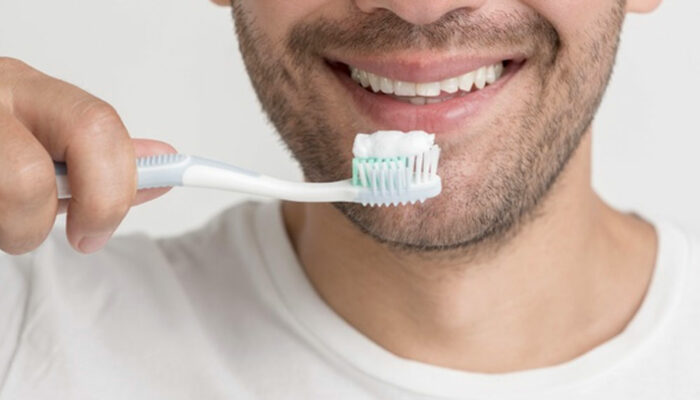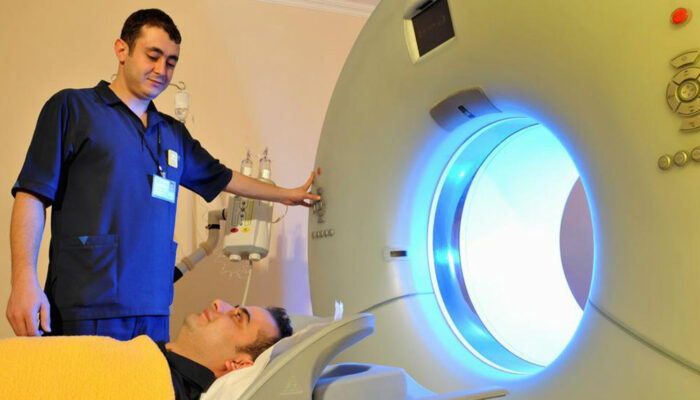
8 Signs Your Body Isn’t Getting Enough Calcium
The recommended daily allowance of calcium for men aged 25-70 and women 25-50 is 1,000 milligrams. After the ages of 71 for men and 50 for women, the daily required calcium intake increases to 1,200 milligrams. Consult your physician about your calcium needs. Usually associated with bone health, calcium is essential to many of the body’s systems, including the circulatory and nervous systems.
Specific symptoms indicate a calcium deficiency or hypocalcemia in medical terminology, such as:
1. Muscular symptoms
Muscles respond to nerve impulses to expand or contract by releasing calcium. When the amount of calcium in the blood is too low, the muscles can’t react appropriately to those impulses. Muscle pain or spasms are indicative of Hypocalcemia. Other symptoms to be aware of are muscle cramps and weakness.
2. Nerve symptoms
The brain needs calcium to convert electrical impulses into chemical signals. These chemical signals or neurotransmitters send instructions to other parts of the nervous system. Insufficient calcium levels scramble communications from neurotransmitters resulting in numbness and tingling in the extremities.
3. Cardiac symptoms
A heartbeat is the expansion and contraction of cardiac muscle. Like other muscles, the heart and blood vessels rely on calcium to expand and contract. Heart spasms that present as pain, tightness, and or a constricted feeling in the chest might be symptoms of calcium deficiency.
4. Seizures
Acute Hypocalcemia sometimes causes seizures. Acute Hypocalcemia is below average levels of calcium in the blood plasma. The seizures are the result of the brain becoming overstimulated by an inability to release neurotransmitters.
5. Bone health symptoms
When its other systems are calcium deprived, the body will take the mineral from the skeletal system. Calcium depletion in the bones leads to osteoporosis or less severe osteopenia. Osteoporosis affects both sexes. Symptoms of osteoporosis are a bent posture, greater susceptibility to fractures after a fall, and spontaneous fractures that occur without a mechanism of injury.
6. Dermatological issues
Calcium helps to keep the skin properly hydrated. Dry, crepey, or itchy skin can be indicative of Hypocalcemia. In the worst-case scenario below, average calcium levels contribute to developing skin cancer.
7. Menstruation pain
Hypocalcemia worsens menstruation pain. Researchers have not been able to isolate a causal link, but the prevailing theory is the pain is related to the role calcium plays in muscle movement. Research has shown that calcium and Vitamin D supplements mitigate PMS related discomfort.
8. Dental problems
Tooth enamel is composed of crystalline calcium phosphate. Enamel is the teeth’s first line of defense against decay, wear, and pain from food and drink that is too hot or cold. Insufficient calcium leads to a breakdown in enamel, which in turn leads to oral health issues, including gum disease.
The symptoms listed above are indicative of a variety of severe health conditions, including heart disease and Alzheimer’s. Only a medical professional can determine if your symptoms come from a calcium deficiency.



